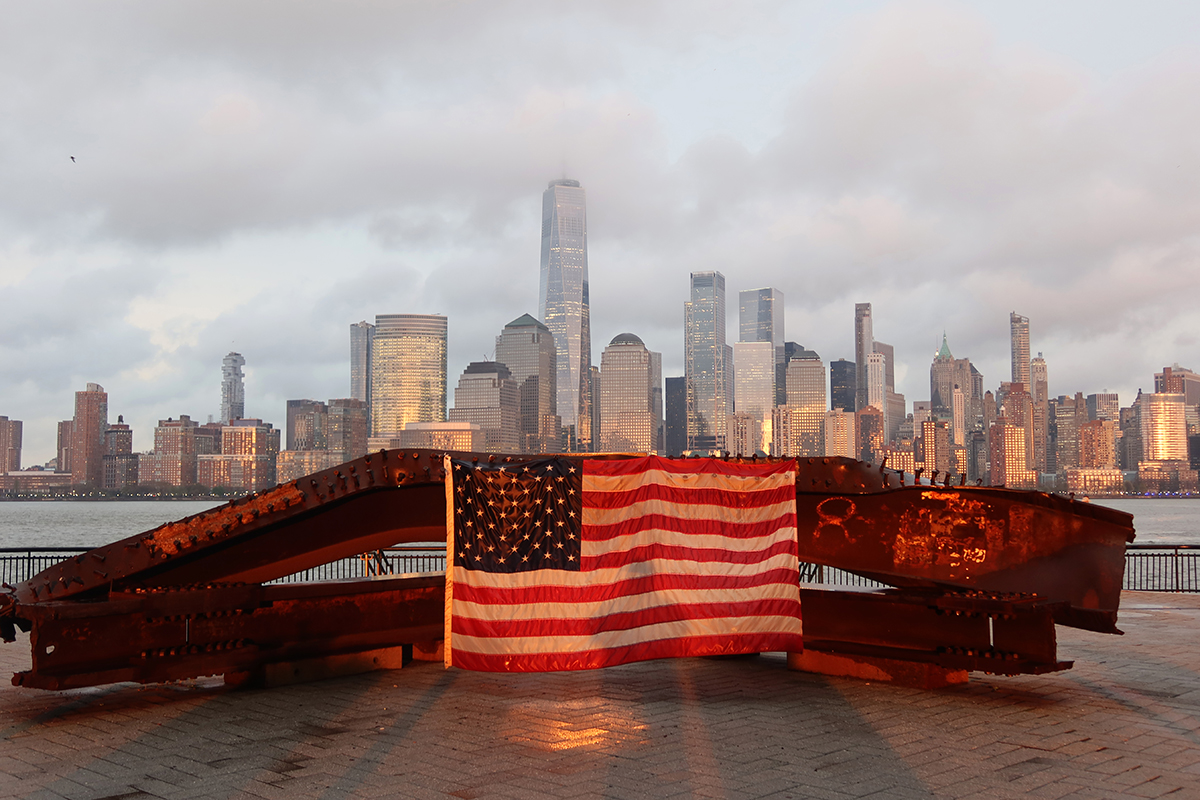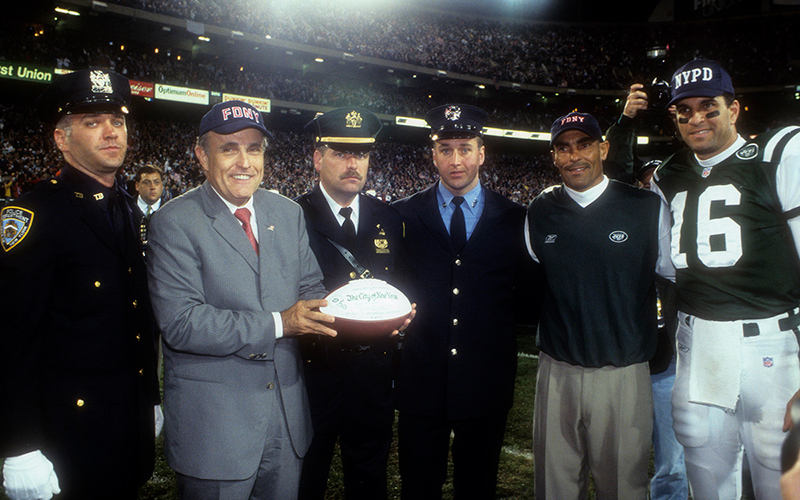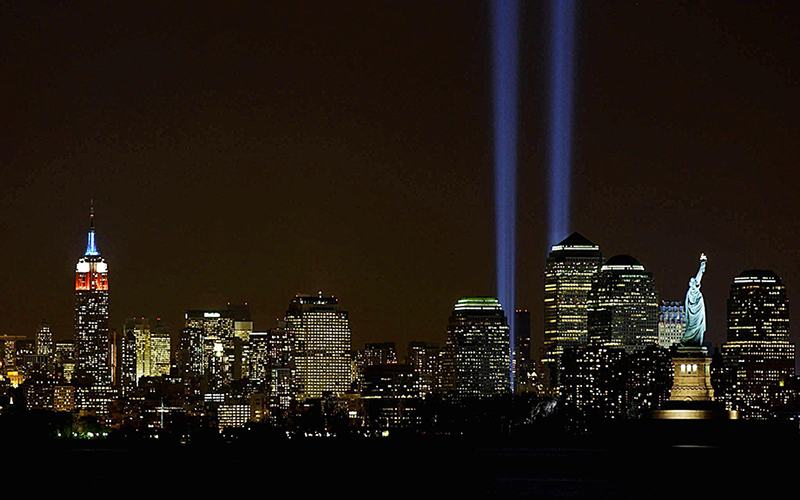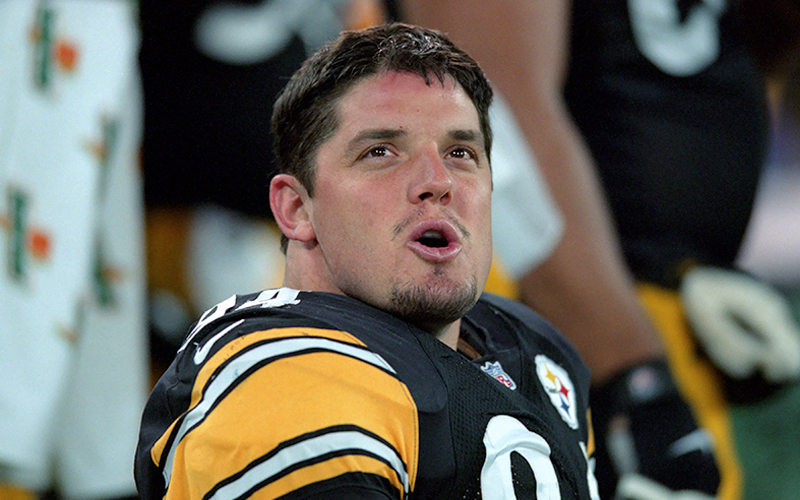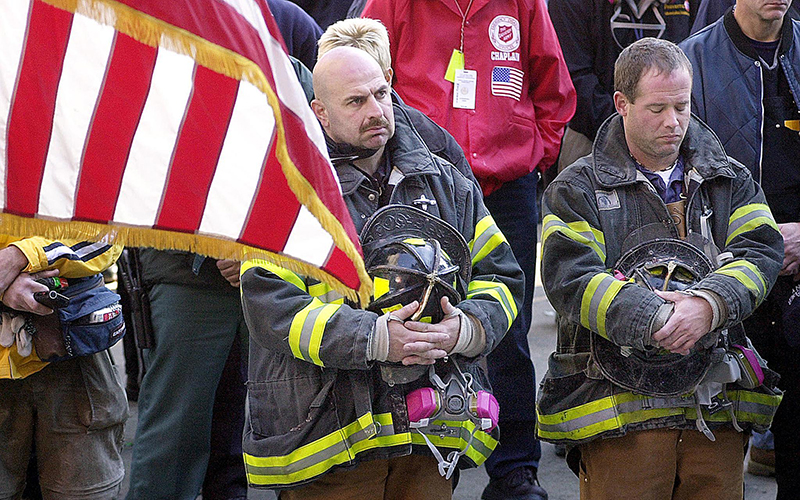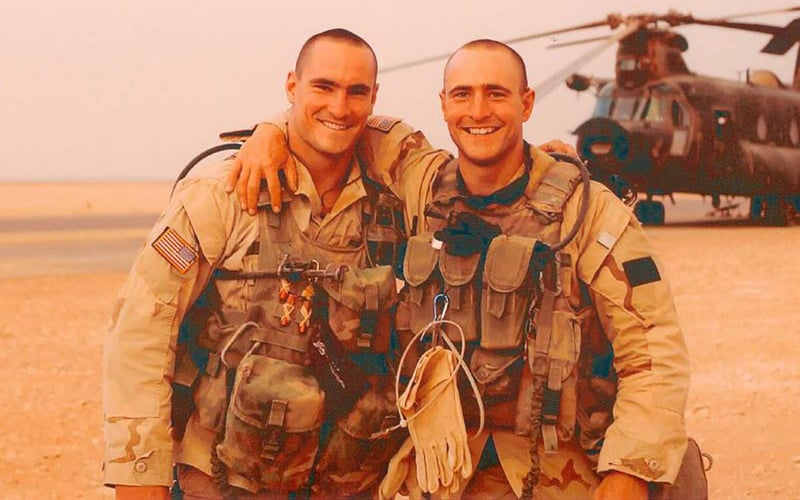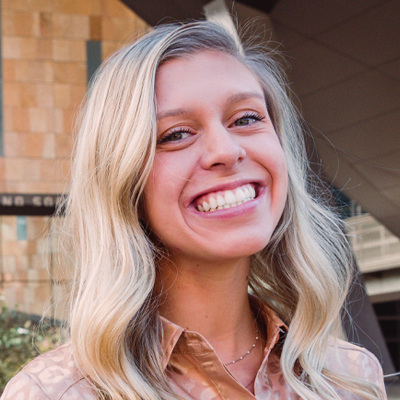The journalist
In early Sept. 2001, Diane Pucin, a sports reporter for the Los Angeles Times, left the newsroom and headed to the east coast for multiple events — Penn State’s first football game of the season in State College, and the U.S. Open in Queens, New York.
It was late on Sunday, Sept. 9. The Nittany Lions lost to the University of Miami eight days earlier. Lleyton Hewitt and Venus Williams captured the men’s and women’s titles, respectively, at the Billie Jean King National Tennis Center — 15 miles away from the place where chaos and tragedy would ensue two days later.
Pucin’s editor asked her to delay her flight out of Logan International Airport in Boston until Tuesday. Only two flights remained: one departed at 8 a.m., the other at 3 p.m.
Initially, Pucin booked the 8 a.m. flight, but changed to the 3 p.m. flight after realizing how exhausted she would be following the U.S. Open. She planned to fly from an airport in Islip on Long Island to Boston’s Logan. Tuesday morning rolled around and, about the time the morning flight would’ve left Boston for Los Angeles, Pucin got a call from her husband.
From the TV in her hotel room at the Grand Hyatt in Manhattan, Pucin watched American Airlines Flight 11 crash into the north tower of the World Trade Center.
Quickly, Pucin realized Flight 11 was the flight she almost took back to Los Angeles.
The phone lines were jammed. Pucin couldn’t get a hold of anyone from her office, so she went to the lobby.
On any normal day in New York, cabs crowd the street. That Tuesday, only one was near the hotel.
Pucin asked the cab driver to drive her as close to the scene as possible. She paid $300 for that ride.
During the 10-block drive to the burning World Trade Center, she saw people covered in dirt and ash, while others wrote down details of missing loved ones and posted flyers to walls nearby.
She ended up at Bellevue Hospital, a 15-minute drive from what is now known as Ground Zero, trying to interview people who were standing outside of the hospital, wondering if their loved ones were dead or alive.
Pucin stood there for three or four hours as only a few patients were brought in to the hospital. That’s when she came to her own conclusion.
“That day you were either completely fine or you were dead,” Pucin said.
There were no flights and no rental cars available in the days following the terrorist attack. Pucin was stranded in New York City until Saturday, when she finally got a flight out of Philadelphia.
As she drove over the East River, Pucin saw the aftermath of the two towers, now replaced by two clouds of black smoke.
“Those two towers were so familiar,” Pucin said. “To see the two plumes of smoke and the smell, it will never leave you.”
Pucin flew back to Los Angeles. She said she couldn’t stop watching the TV coverage.
“I watched every single bit of it and it makes me weep every time,” Pucin said. “I know what happened. I know how it turned out.”
Slowly but surely, sports came back, but the event still had a great impact on her and made her remember that horrible day.
“It has stuck with me forever in a way that I can’t describe,” Pucin said. “It just made you think to yourself, ‘Why were those people killed and I wasn’t?’ It just didn’t seem fair somehow.”
